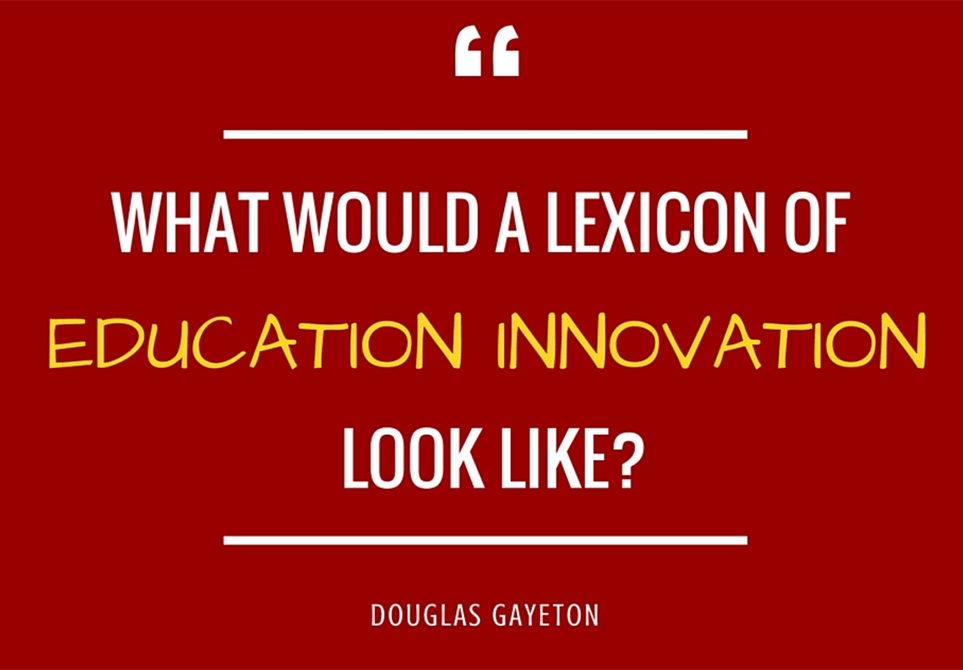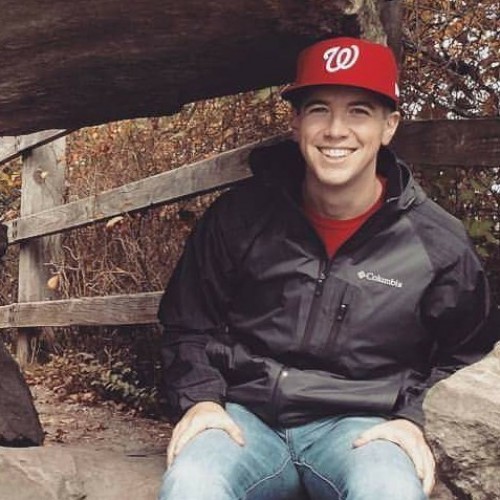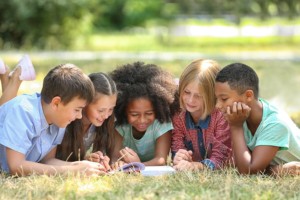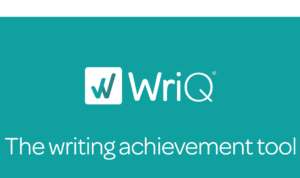Undoing EduSpeak and Why Words Matter

“Words matter.”
This is the simple, clarion message from Douglas Gayeton, co-founder of Lexicon of Sustainability, a website that seeks to create a common language when it comes to food, from producer to consumer and everyone in between. Speaking at the Big Ideas Fest in San Jose, CA, he shared his thoughts on the importance of the vernacular as well as his efforts working with a school in Iowa through Project Localize. He posed this question to a room full of education professionals: “What would a lexicon of educational innovation look like?”
He didn’t have an answer and neither do I, but I’m left with at least 100 new questions.
- Why is there so much jargon in education?
- How can the same words mean different things to different people?
- Why do we have so many terms that all essentially reference the same thing?
- How many students have benefitted from our use of fancy new buzzwords that may or may not convey any actual meaning?
- How many have been frustrated or confused because we don’t have the ability (or at least the will) to create a shared understanding of what we’re talking about?
As Carri Schneider aptly points out, the seemingly faddish nature of our language creates a serious problem for schools and leaders alike. Her two questions I think are especially instructive:
- Who will be the architect that designs a way to bring all these movements together?
- How can we get all these tables under one tent?
Short of some sort of a secret hand gesture and a Katniss-led overthrow of President Snow, I think it’s going to be a joint effort between boots-on-the-ground educators that are utilizing and implementing a variety of learning pedagogies with their students, in coordination with researchers and policy-makers that are bravely attempting to define the edu-landscape as they see it, marred by war and poverty though it may be. So, here are three things to think about for each camp to get the conversation going. Hopefully we’ll learn to speak each other’s dialect:
Teachers:
- How would you describe your vision for teaching and learning in your classroom? (Avoid the edu-speak buzzwords. Just describe what you want to see.)
- When you want to try something new or different in your classroom, how do you go about making that happen? With whom do you collaborate? What resources do you need and how do you acquire them? Do you test your crazy idea out on a single class first? Or just dive in?
- What might happen if you treated these new ideas like action research? What if you took your idea to a class, noticed how it worked (or didn’t) and then present your findings to others (PLCs, principals, school board, community groups, etc). What might happen if you put yourself on the frontline of innovation rather than wait for someone from some university or a vendor to say, “have you ever heard of _____?”
Literally everyone else:
- Until you are in classrooms observing how things work (or at the very least talking to classroom teachers on a regular basis), be quiet and simply listen and observe. Take notes, formulate ideas, prototype and brainstorm. Like my grandmother used to tell me, “you’ve got two ears and one mouth. You should listen twice as much as you speak.”
- Build relational capital with practitioners. This is related to the last point and also a continuation of it. Stealing from Stanford’s d.school, one of the first steps to designing any innovation is empathy derived from talking to people already engaged in the work. I don’t know a single teacher that will say ‘no’ to someone willing to help them execute their ideas, which just might lead to your gaining an increased understanding of how your ideas might best take hold.
- Seek alignment with what’s already available. One of the Gayeton’s guiding principles was to only use the language and words of the folks actually doing the work. There’s a lot of resources, tools, ideas and research already out there. Find a way to add nuance or depth or increased understanding. You don’t have to conform to the constructs already in place, but adding new ones that inadvertently overlap with existing frameworks just muddies the water and makes everyone’s life more complicated.
As it stands right now, we have two very strong ‘silos’ for education innovation. The key is eliminating the silos and instead building warehouses.
Classroom educators (boots-on-the-ground type folks) must be in communication with researchers and policymakers. Researchers and policymakers must be active listeners and supporters of the innovative work happening in today’s classrooms. We need to seek out learning opportunities where we might cross paths such as the Big Ideas Fest where teachers, administrators, app developers, and even students all asked the question, “how might we…?” Teachers should be writing letters to their Congressional Representatives (or at least their staff) inviting them into their classrooms. Not for photo opportunities, but for learning. Representatives should be accepting these invitations and then observing the excellence that takes place on a regular basis. App developers should have a pipeline of teacher-leaders ready to test new products, while being a sounding board for new ideas. Imagine a world where a venture capitalist refused to invest in a new EdTech tool unless half of the company’s advisory board was composed of educators!
It’s about communication. It’s about openness. It’s about dialogue with one another. It’s about proactively seeking opportunities where you might find yourself working in a cross-functional team asking the question, “how might we…?”
Carri also has a brilliant explanation of ‘competency-based learning’ that I think we’d do well to build on. In what ways can you contribute to building this shared lexicon of education innovation? Share below in the comments.
For more blogs by Greg, check out:
- Mozilla and the Quest for Universal Web Literacy
- Edmodo: A Platform Redefining Learning
- WriteReader: Flipping the Script on Literacy
Stay in-the-know with all things EdTech and innovations in learning by signing up to receive the weekly Smart Update.





واردات تجهیزات
thank you...